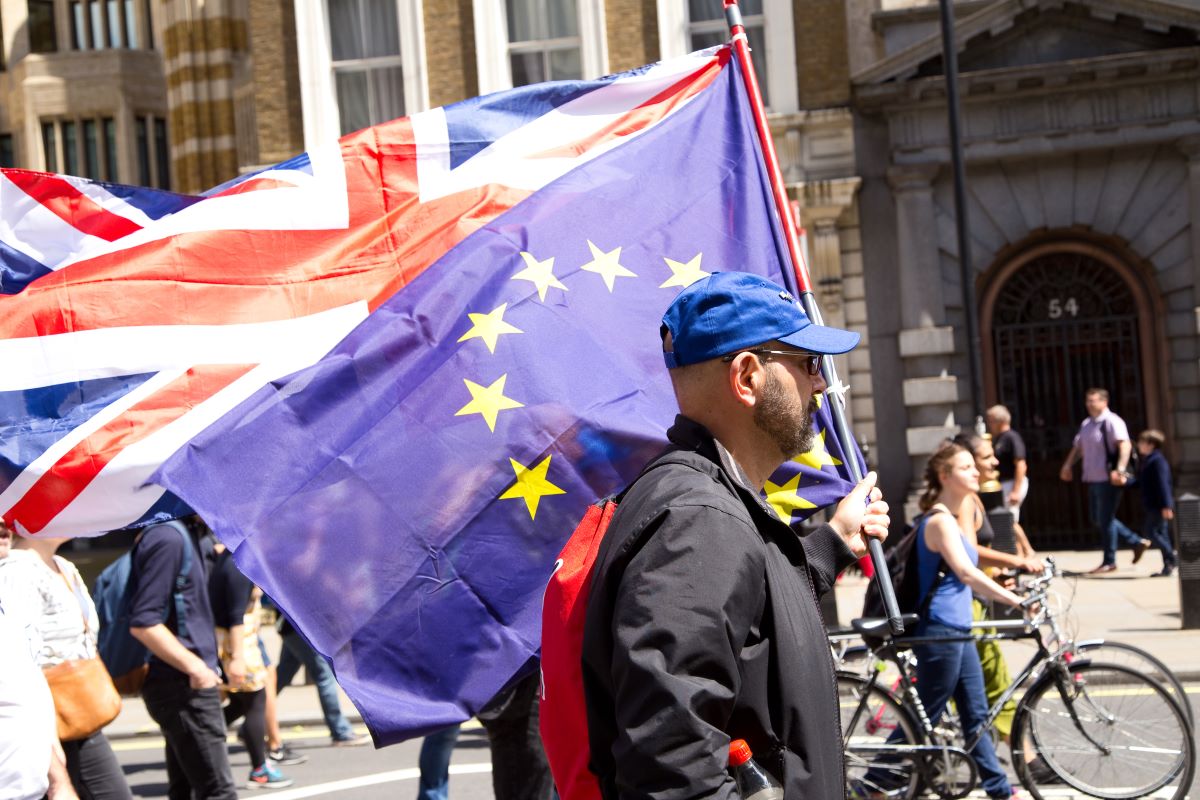While political attention is riveted on elections, the enduring challenges of Brexit, from border control chaos to plummeting exports, continue to wreak havoc on the UK’s economy and international trade relations. Here’s the full story.
Complexities and Challenges

While the UK focuses on the upcoming general election, the complexities and ongoing challenges of Brexit, which have been largely absent from the electoral debate, remain a pressing issue.
Brexit’s Ongoing Repercussions
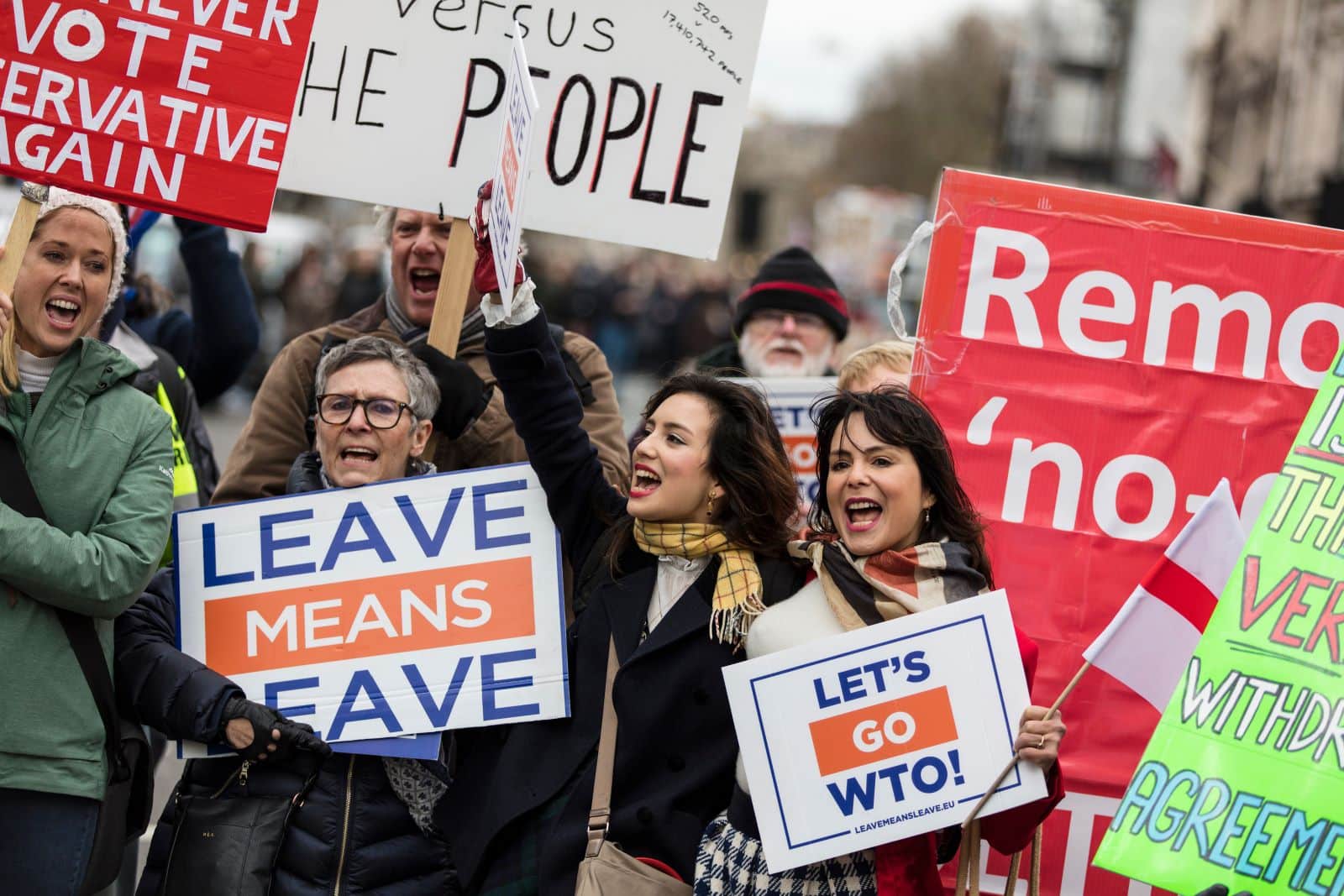
Despite four years passing since the UK officially left the European Union, the repercussions of Brexit continue to unfold, affecting various sectors and daily operations in a way that is difficult to manage and impossible to predict.
Significant Border Control Changes
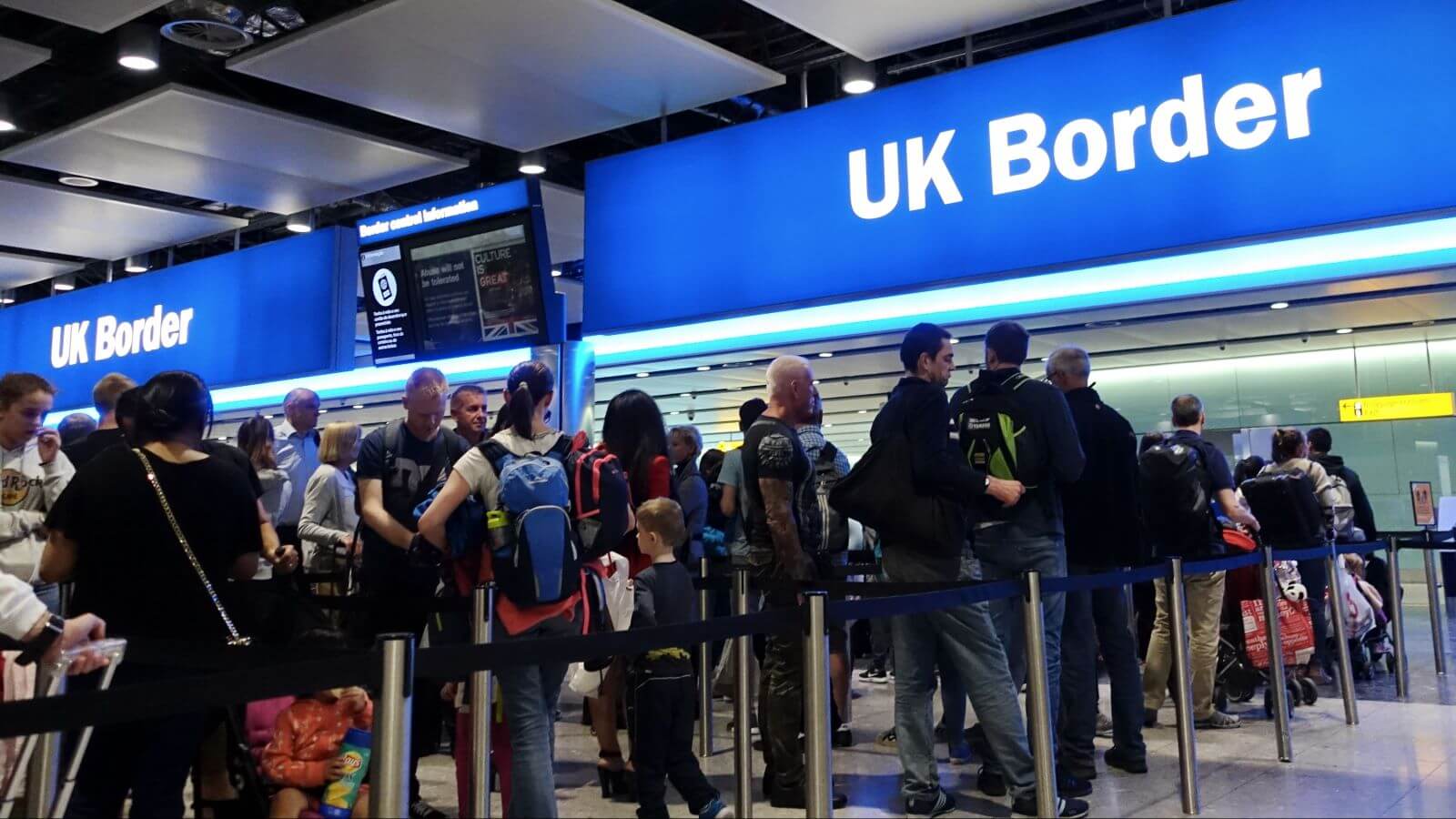
The biggest change since Brexit has been the introduction of new border controls, which have significantly complicated international trade.
A Case in Point

The Guardian recently reported on a prime example of these complications, detailing the sorry state of affairs through the unfortunate case of Antonio Soprano, an Italian lorry driver.
Soprano’s Ordeal

Soprano described his harrowing experience at a UK border post, where his lorry was held for 55 hours due to new regulations, only provided with water, and left to walk miles to buy food.
Confusion and Lack of Facilities
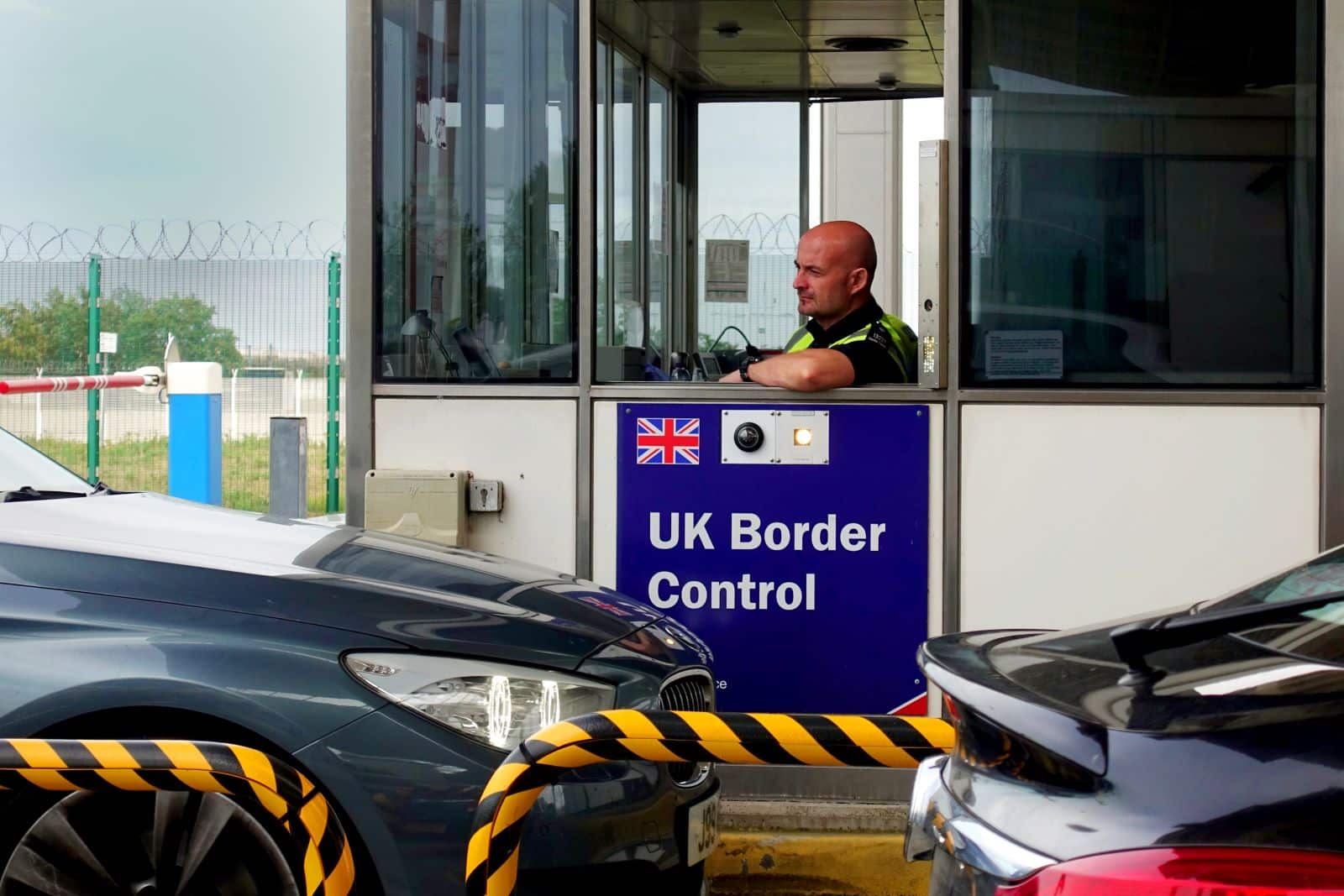
Soprano, who was transporting plants, was stopped under the new rules intended to prevent the entry of pests and diseases. However, his ordeal was marked by confusion, lack of communication, and inadequate facilities.
New Regulations for Lorries
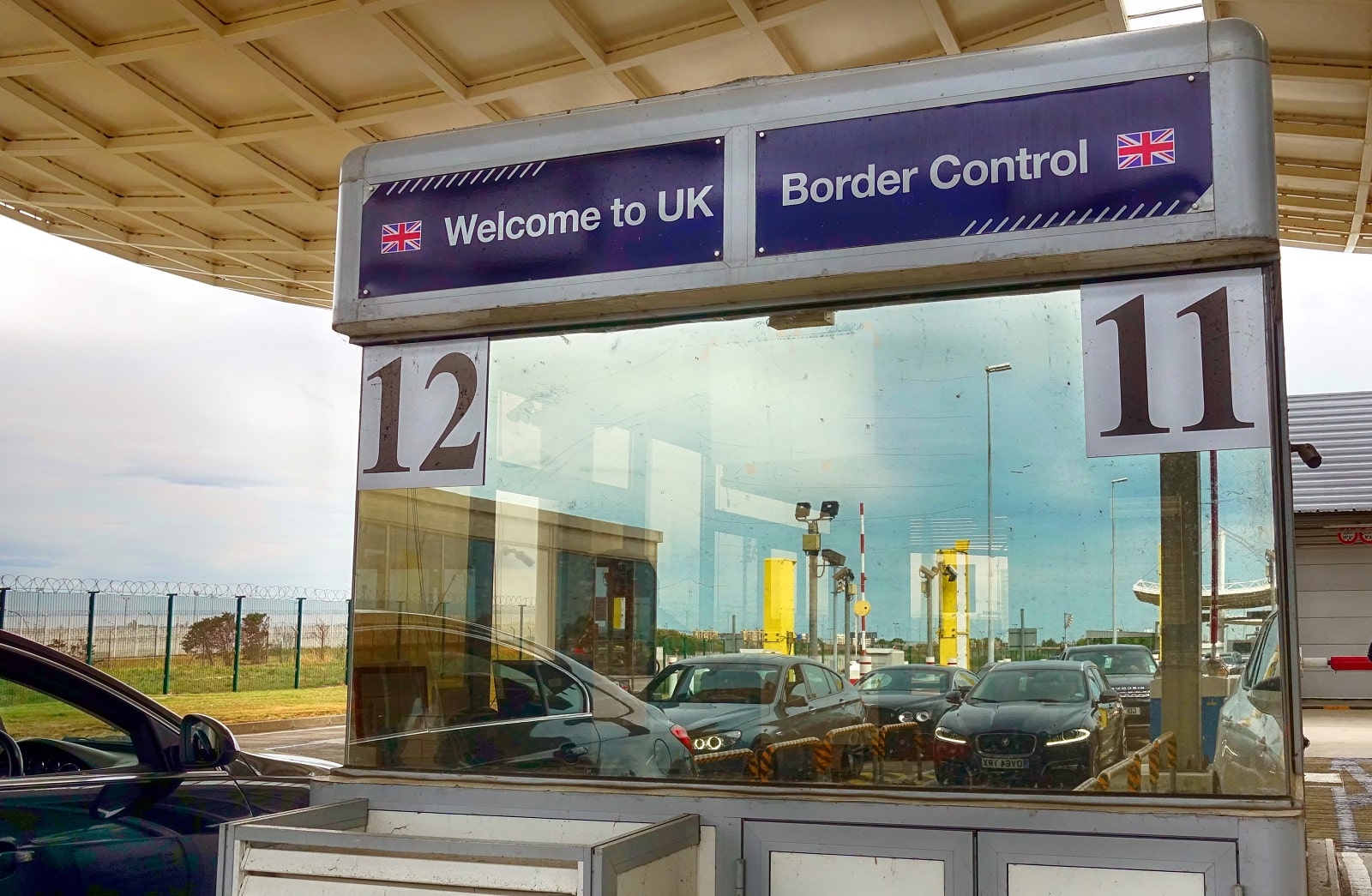
The new post-Brexit regulations require lorries transporting certain goods to undergo thorough checks at designated border control posts.
Delays Beyond Timeframe

These checks are supposed to be completed within four hours, but they often extend far beyond this timeframe.
Reasons for Delay

The Department for Environment, Food and Rural Affairs cited multiple reasons for the delay, including the need for an 11-hour rest break and complications in safely unloading the lorry.
Considering Abandoning UK Routes

However, the situation has become so untenable that Vicenzo Marini, the chief executive of Marini, the Italian haulage company which employs Soprano, told the Guardian that the “surreal” incident was making him consider abandoning his UK trade routes, which the company has driven since the 1980s.
Impact Beyond Border Controls

However, Brexit has not only complicated border controls and the life of poor Antonio Soprano but has also had a significant impact on trade, particularly for small and medium-sized businesses.
Dramatic Export Decrease

A Retail Economics and Tradebyte report revealed that UK clothing and footwear exports to the EU have plummeted from £7.4 billion in 2019 to £2.7 billion in 2023.
Burden of New Regulations

This dramatic decrease is primarily attributed to the new regulations and red tape that have made exporting goods more cumbersome and less economically viable.
Missed Opportunity for UK Brands

Richard Lim, head of Retail Economics, told the Guardian, “Online retail is estimated to add £323bn of annual sales to EU economies, but additional trade frictions caused by Brexit-related complexities are curtailing this international sales opportunity for UK-based brands and retailers.”
Opportunity Not Seized

He continued, “It is a huge opportunity for UK brands that is not being grabbed.”
Supply Chain Adaptations

In response to the new regulatory environment, many UK firms have had to adapt their supply chains, often at significant cost.
Shifts in Business Operations

Some businesses that previously exported goods to the EU have now established operations within the single market to bypass the cumbersome border checks.
Broader Implications

This shift affects the profitability of UK-based businesses and has broader implications for employment and skills development within the UK.
Services Sector Growth

While Brexit has negatively impacted goods exports, the UK’s services sector has seen a surprising increase in exports.
Growth in Services Exports

According to a report by the think tank UK in a Changing Europe, services exports grew by nearly 30% from February 2020, surpassing pre-pandemic levels.
Business Services Drive Growth

This growth, driven primarily by business services such as legal and consultancy work, contrasts sharply with the decline in goods exports.
Call for Trade Relationship Review

Rain Newton-Smith, head of the Confederation of British Industry, suggested that the UK’s trading relationship with the EU needs to be reviewed to address these imbalances and minimise trade frictions.
Trade Deal Review in 2026

Newton-Smith called on both the UK and the EU to use the review of their trade deal scheduled for 2026 wisely, stating, “That will be a moment for us to think about how do we improve and how do we minimise some of those trading frictions that are having an impact on business,”
Political Pressure to Reassess
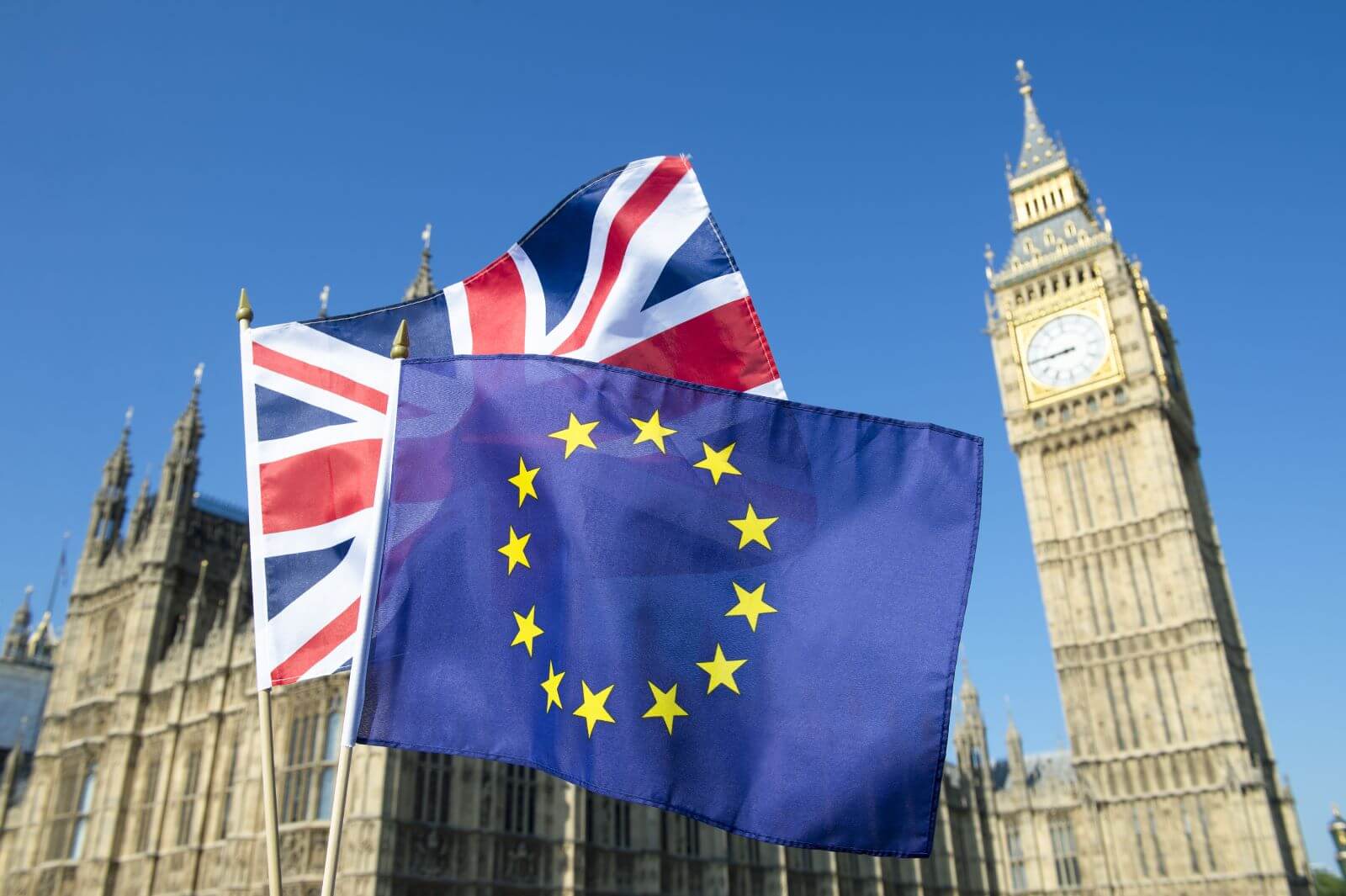
As the UK approaches a general election, there is increasing political pressure to reassess the country’s relationship with the EU.
Labour’s Stance on EU Standards
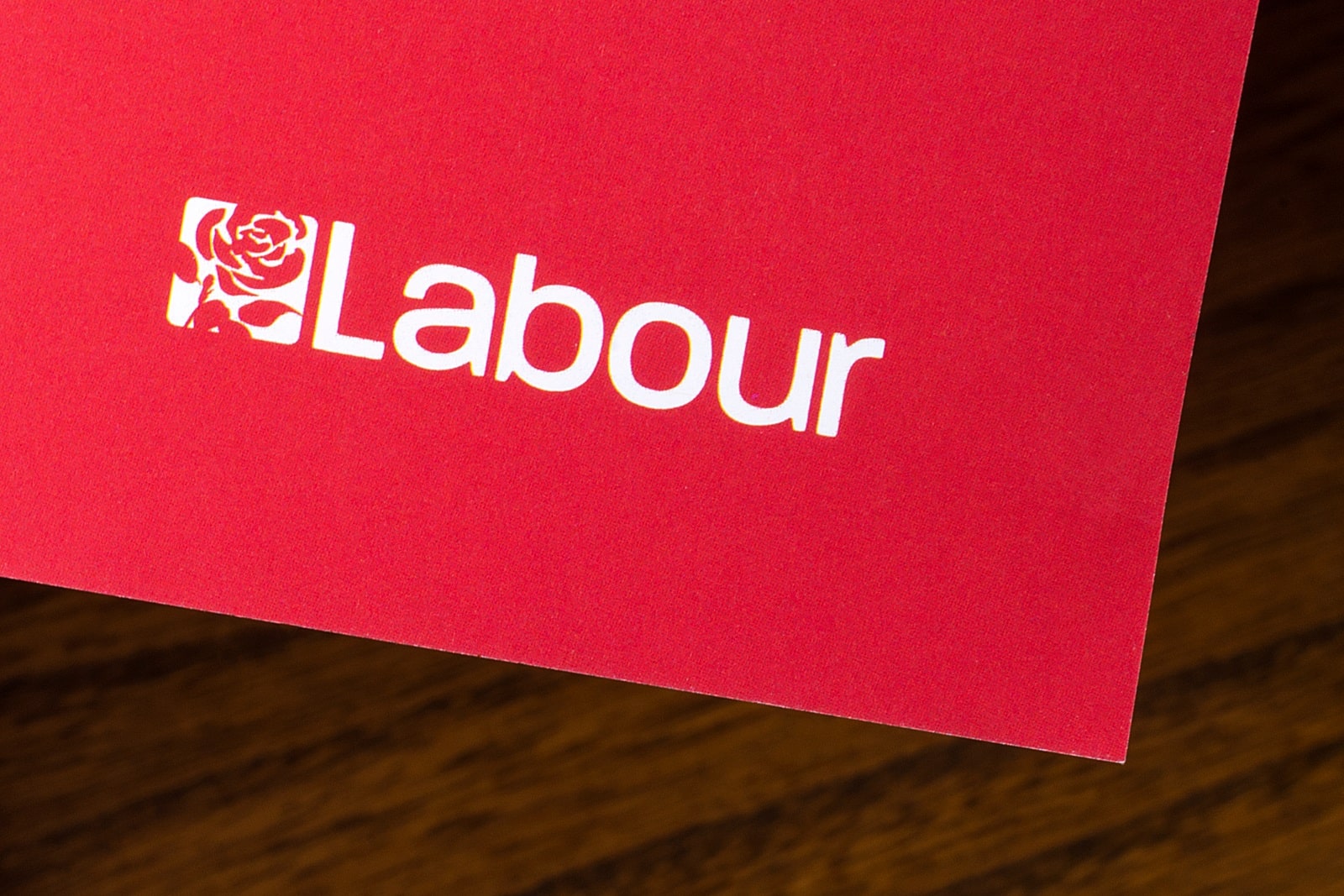
Labour leader Keir Starmer has expressed a desire to align more closely with EU standards on food and agricultural products if he becomes prime minister. However, he has ruled out rejoining the single market or allowing free movement of people.
Ongoing Brexit Challenges

Despite the current political focus on upcoming elections, it is clear that the issues surrounding Brexit are far from resolved and, in many cases, may be getting worse.
Potential Electoral Impact
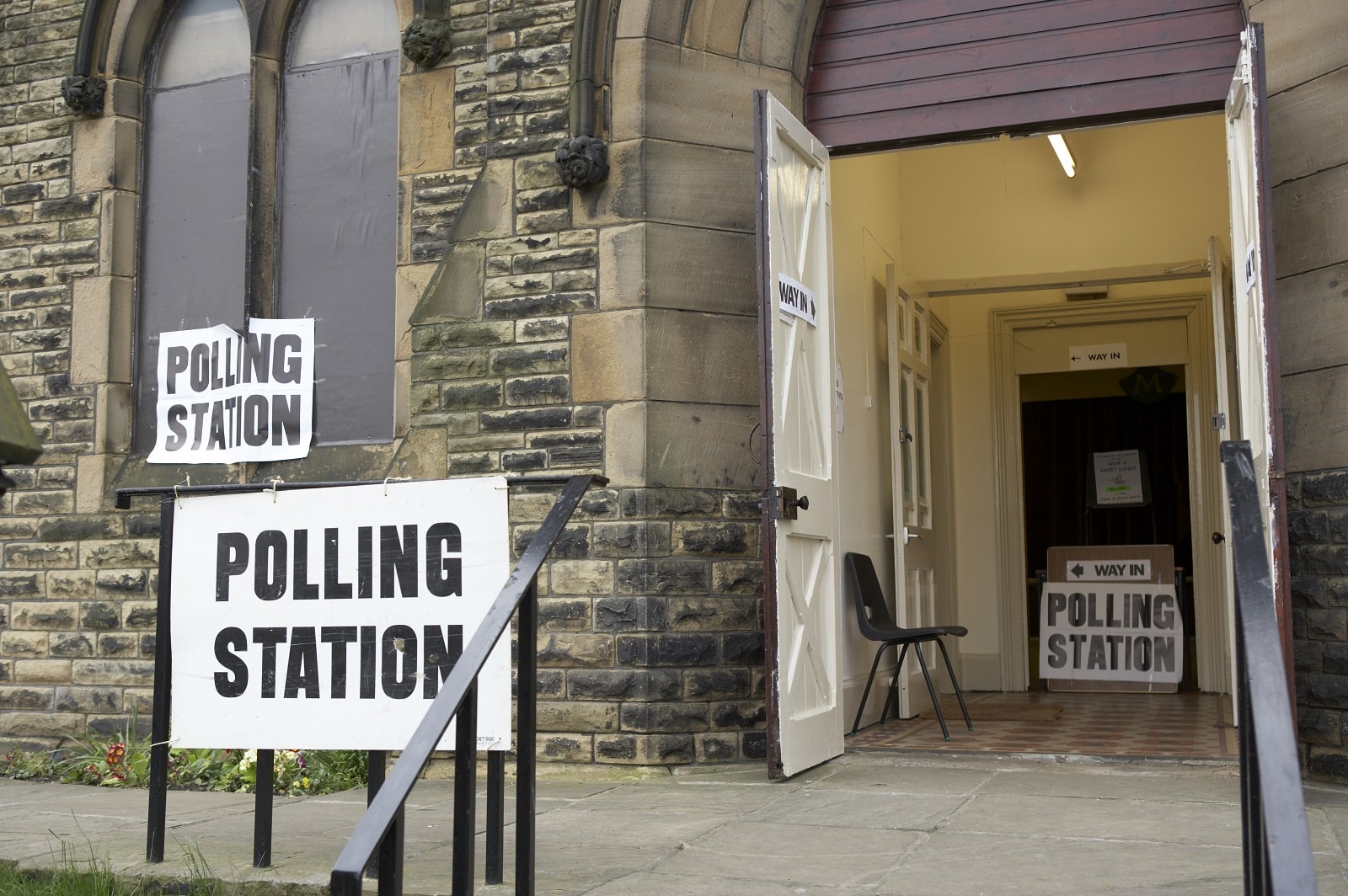
However, it remains to be seen whether the ongoing challenges of Brexit and the heavy toll it is taking on the UK economy will translate to votes from a UK public increasingly tired of hearing about Brexit.
The post Elections Distract From Brexit’s Continued Economic and Trade Challenges first appeared on Swift Feed.
Featured Image Credit: Shutterstock / Michaelpuche.

